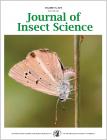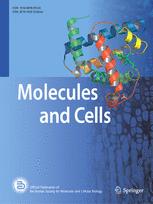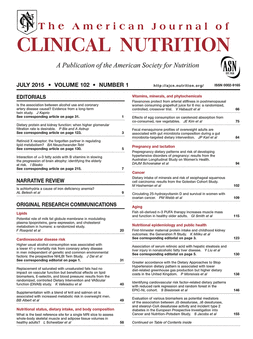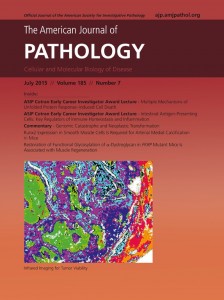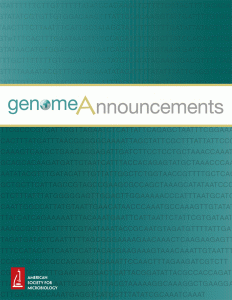
Biotechnology Letters has retracted a paper on a new gene delivery technique due to “the deliberate and fraudulent use of data in the paper that had previously appeared in other papers of these two authors.”
The journal’s Editor in Chief Colin Ratledge told us that someone tipped him off that one of the authors, University of Kalyani microbiologist Keka Sarkar, had been self-plagiarizing:
I can say that a person who was familiar with the work of Dr Sarkar got in touch with about their concerns about her publications and, in particular, her paper published in Biotechnology Letters. They supplied a dossier of her publications showing the obvious duplications of figures and that she had been using the same figures in different papers to illustrate the results from supposedly different experiments.
He found that, indeed, multiple figures in the Biotechnology Letters had appeared in other publications of Sarkar’s, some prior to the paper’s October 2013 publication, and one after. The details are in the whole retraction note:
Continue reading Gold nanoparticle paper crushed by “deliberate and fraudulent use of data”
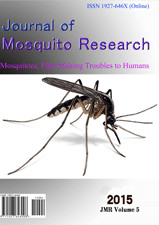 The Journal of Mosquito Research has retracted a paper because it contains a figure that “was obviously stolen” from another paper.
The Journal of Mosquito Research has retracted a paper because it contains a figure that “was obviously stolen” from another paper.

